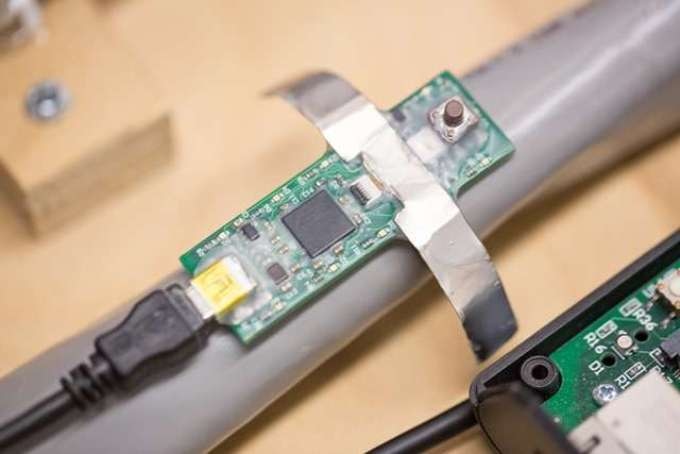Nov 30 2016
With our homes being filled with all kinds of electronic devices, sometimes it’s a bit hard to tell which device is consuming the most electricity. This means that you’ll either have to experiment with different devices and wait for next month’s bill, or you’ll have to hire an electrician who will then install specialized equipment for you.
 Image credit – Bryce Vickmark
Image credit – Bryce Vickmark
The latter is clearly not ideal for those who rent, but if power monitoring is something you think you need, MIT might have the solution for you. Creating sensors the size of stamps, these sensors can be easily installed around your home, thus creating a network of sensors to help monitor the power consumption of your electronic devices.
Developed with support from the Navy, these sensors can detect power consumption from individual gadgets based on their unique signatures. The data, such as when they’re turned on/off can be sent to an app and displayed in real-time, meaning that users can monitor when exactly in the day and at the moment power is consumed.
According to Dr. Steven Leeb, an MIT engineering professor, “With our system, you can install non-contact sensors using zip ties or even velcro, and use signal processing to measure power consumption. It’s fast, easy and much less expensive. It also could serve as a way to tell when equipment needs maintenance or replacement.” Unfortunately right now it seems that this system is developed more for the military and less for home users, but we wouldn’t be surprised if the technology could be adapted one day.